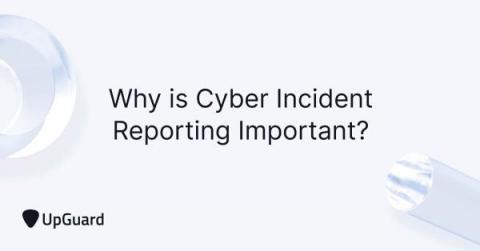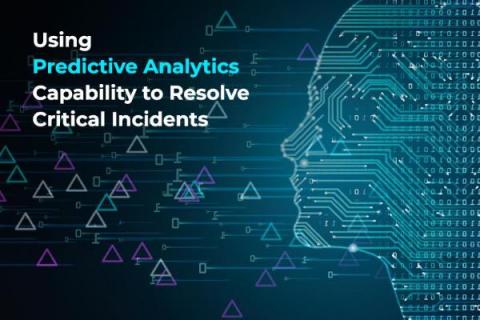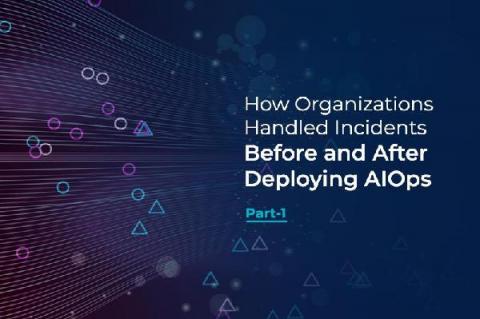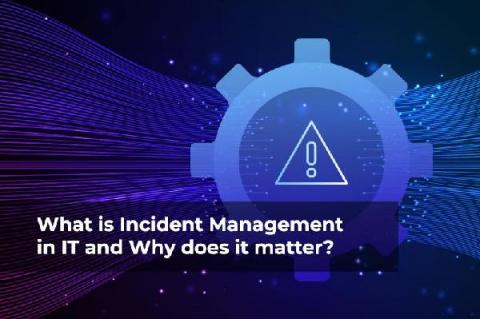Why is Cyber Incident Reporting Important?
Because cyber threats continue to grow in sophistication and effectiveness, cyber incident reporting is not only important but also necessary for other organizations to learn from and prevent making the same mistakes. Many governing bodies and federal governments around the world have begun to require cyber incident reporting to document the type of attacks used, the source of the attacks, and how the attacks occurred to better understand the threat landscape.










